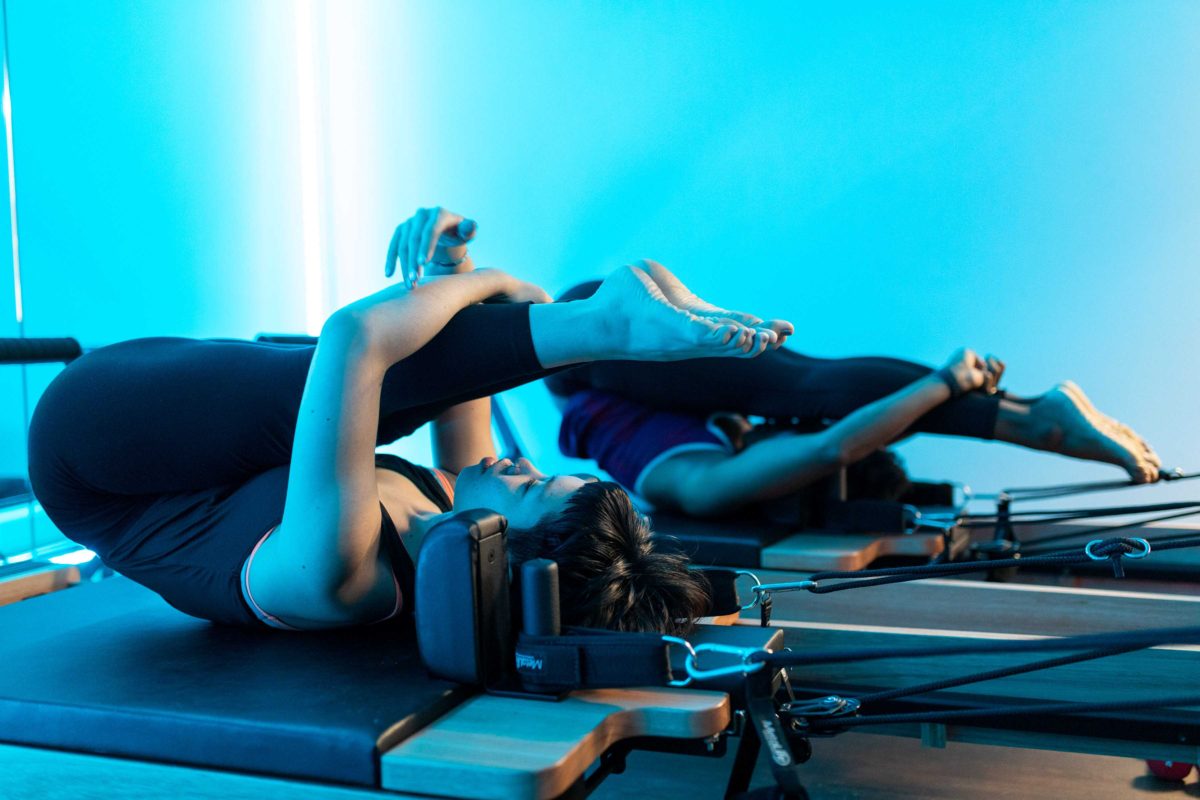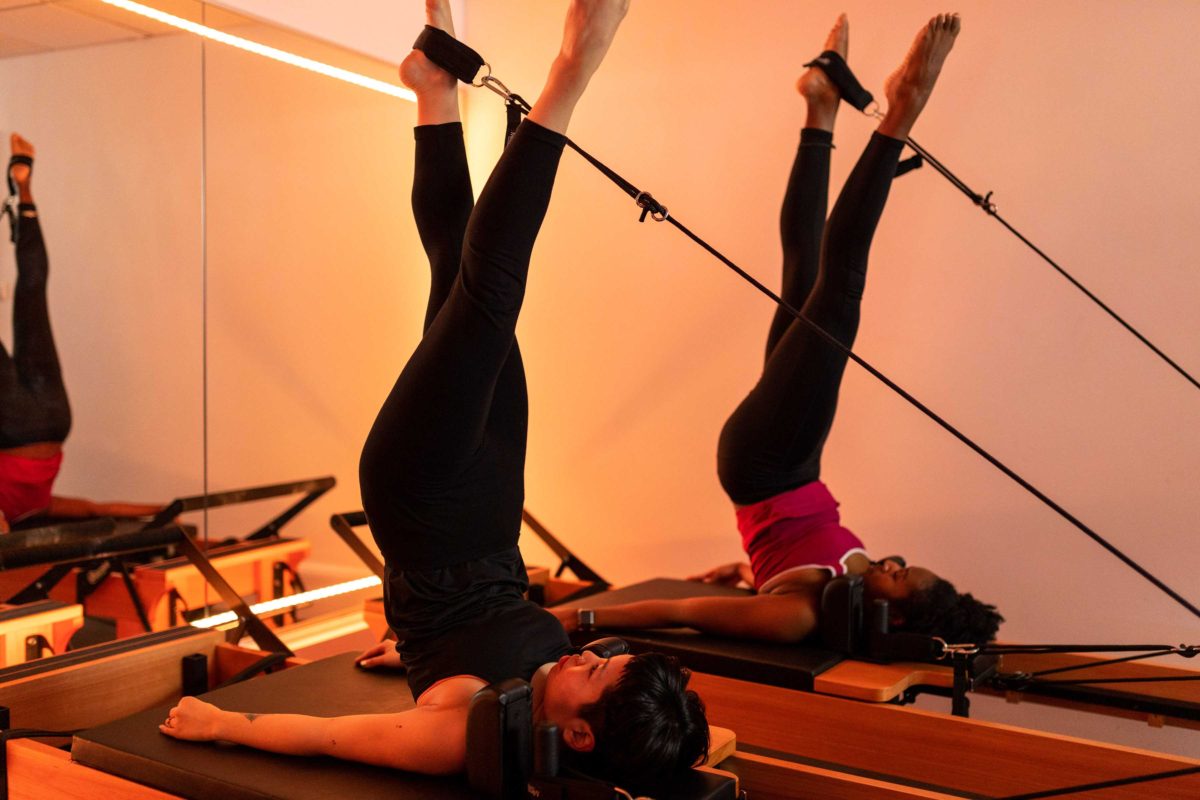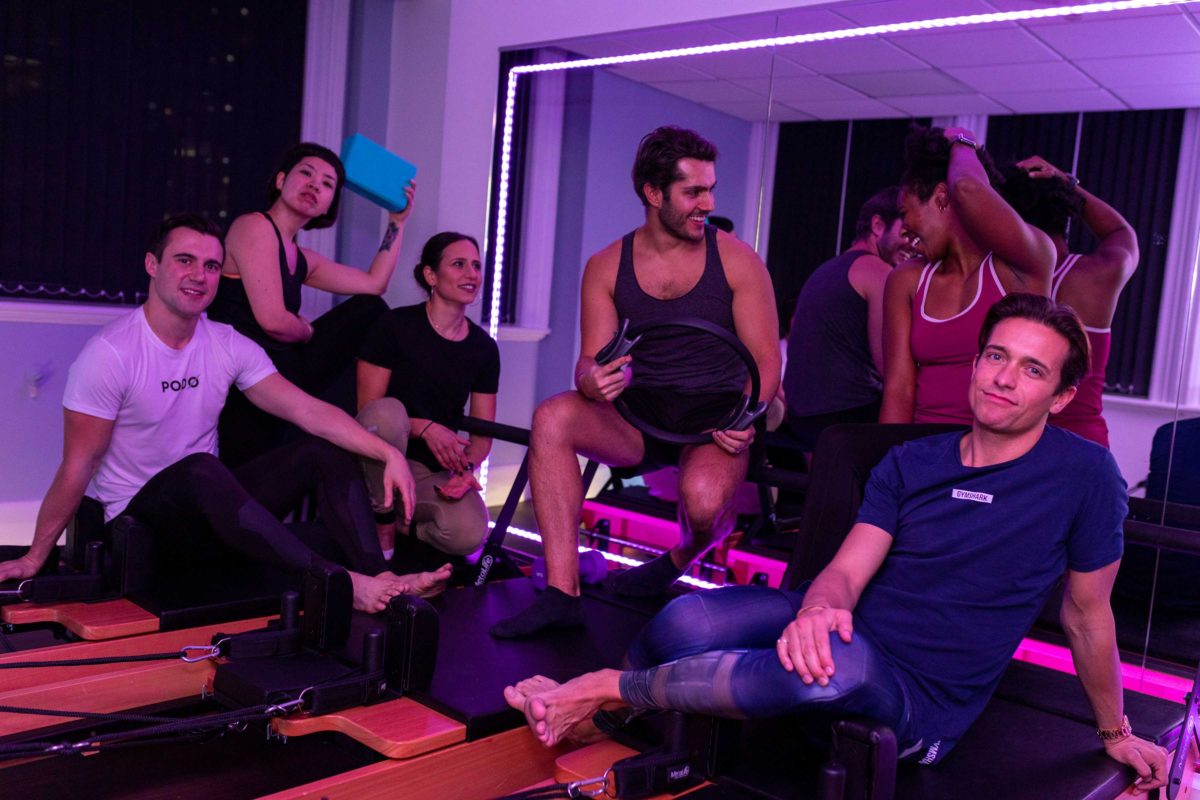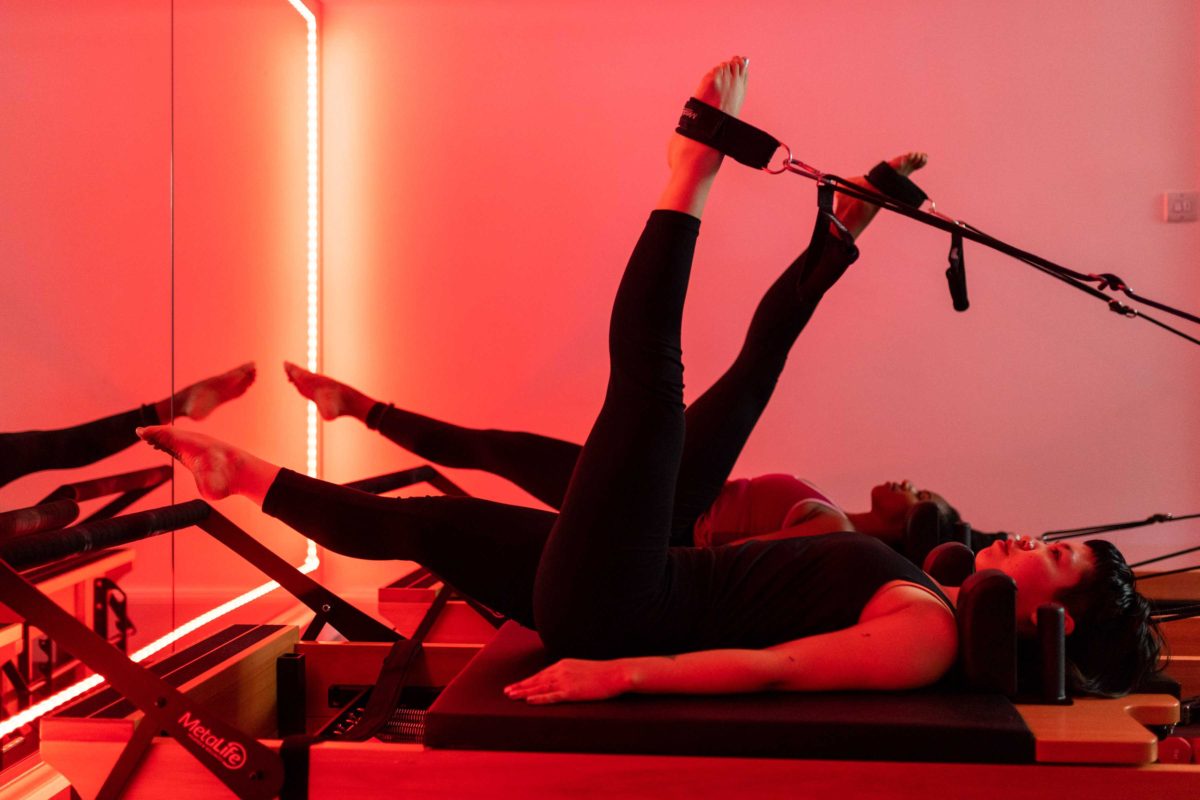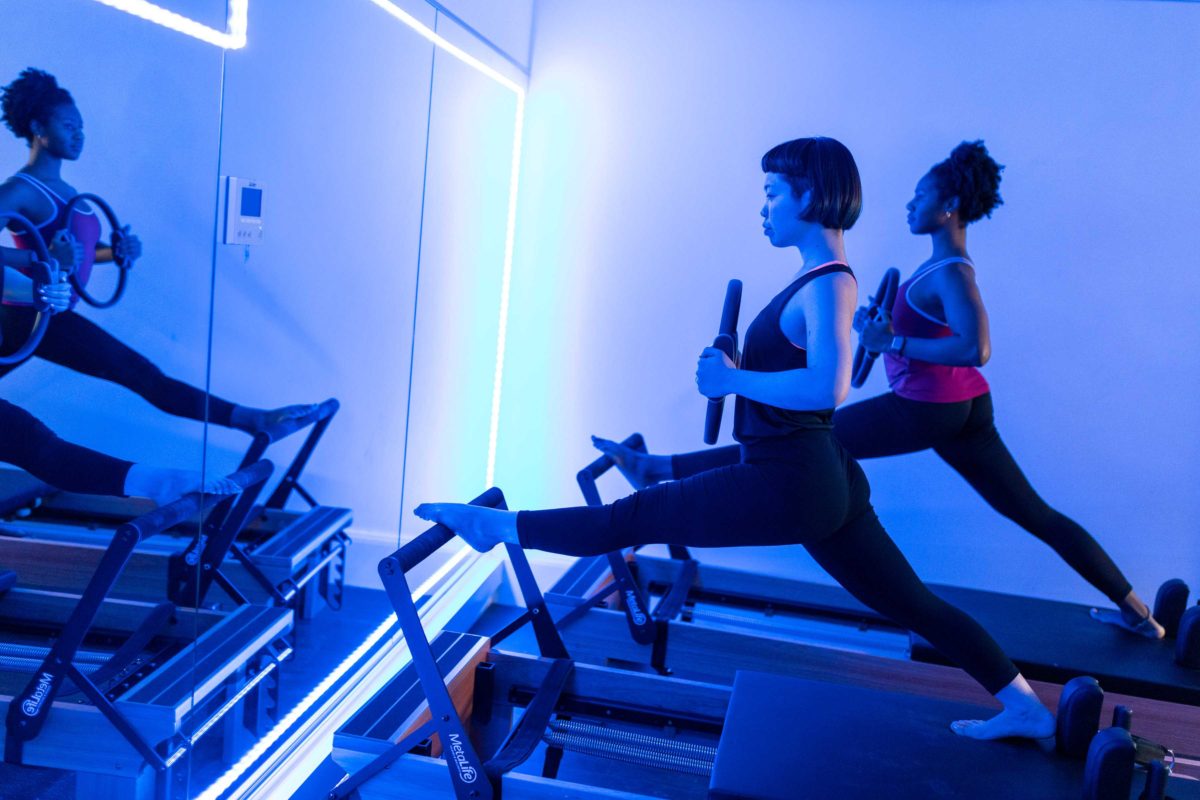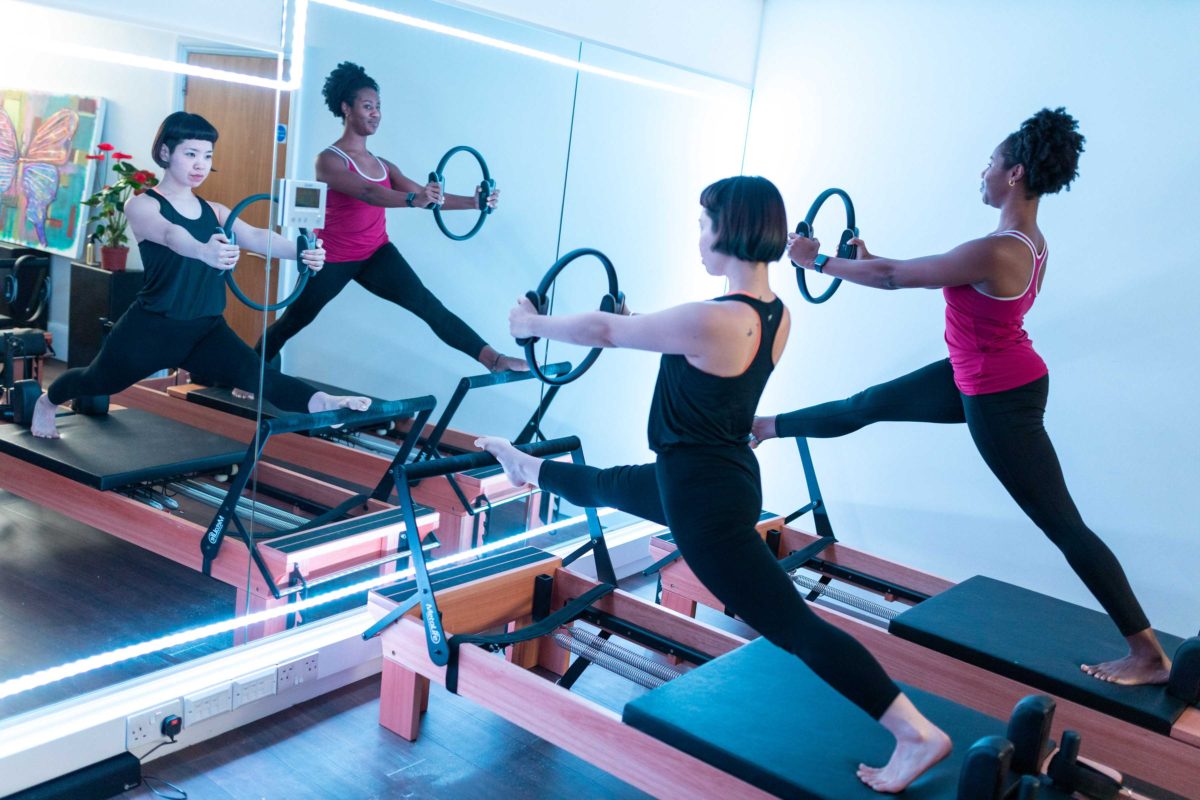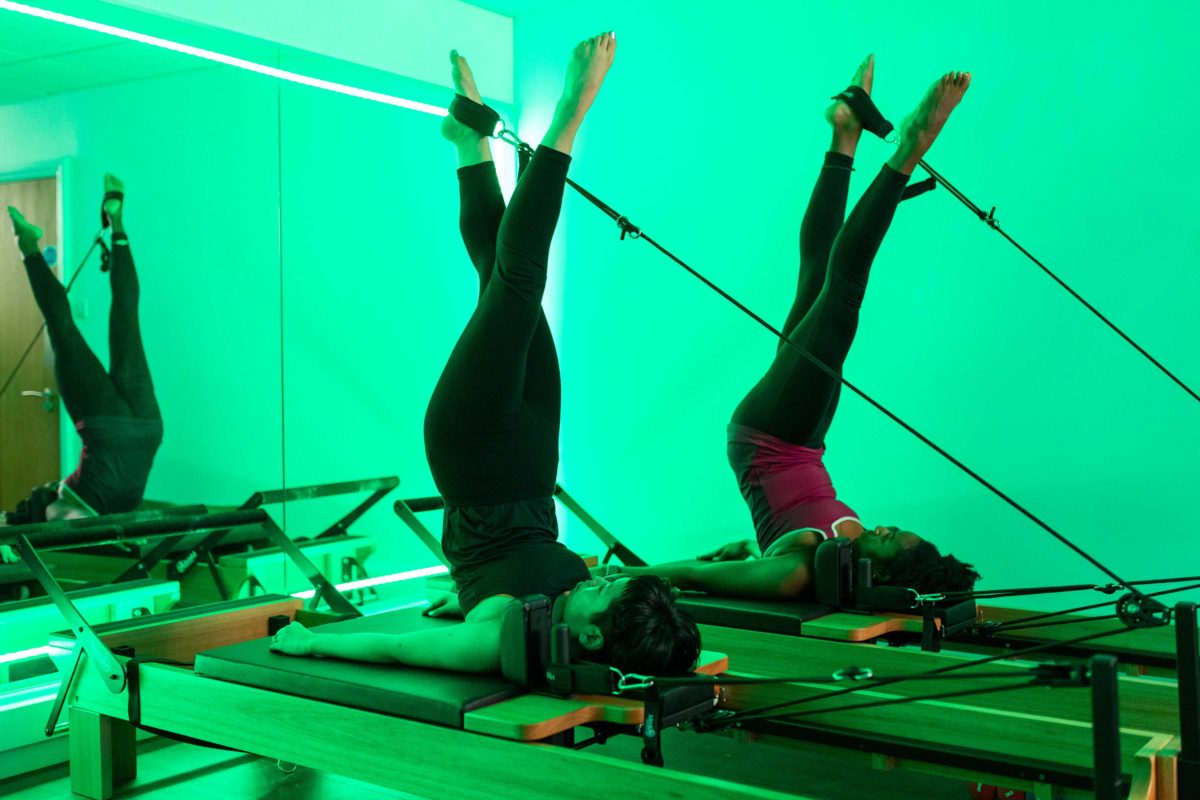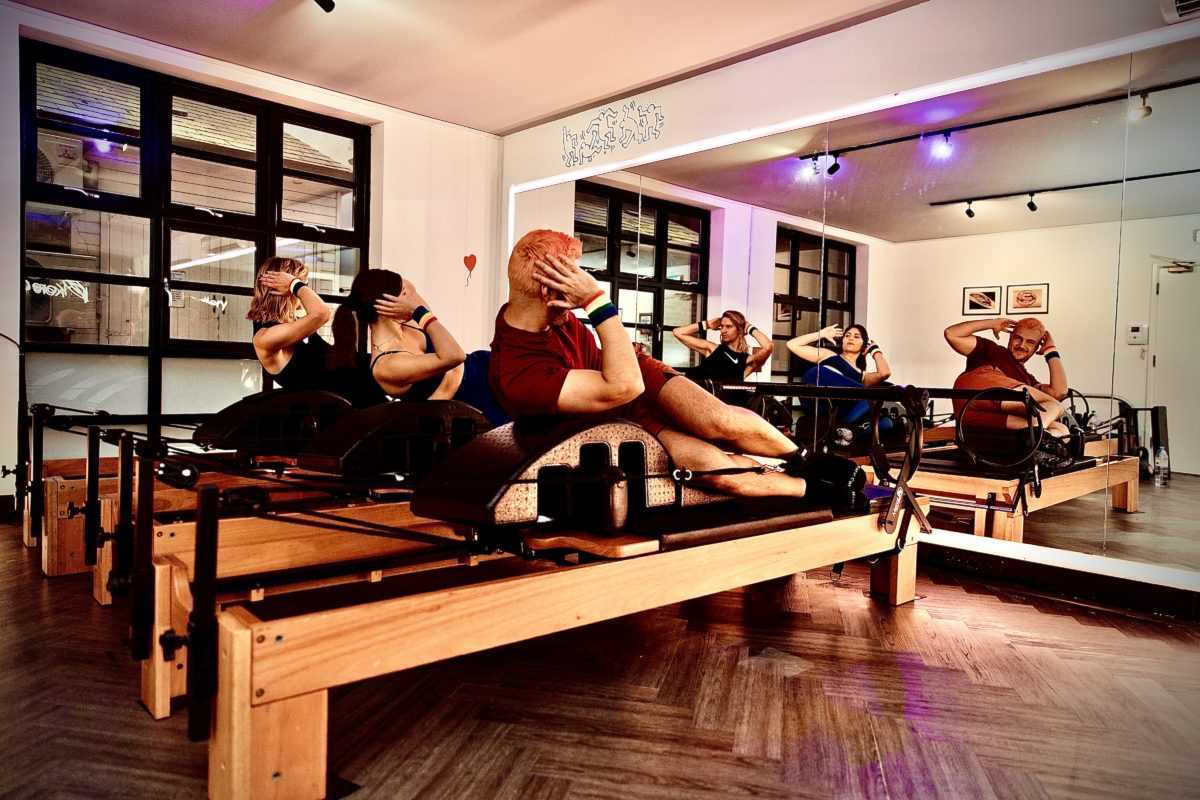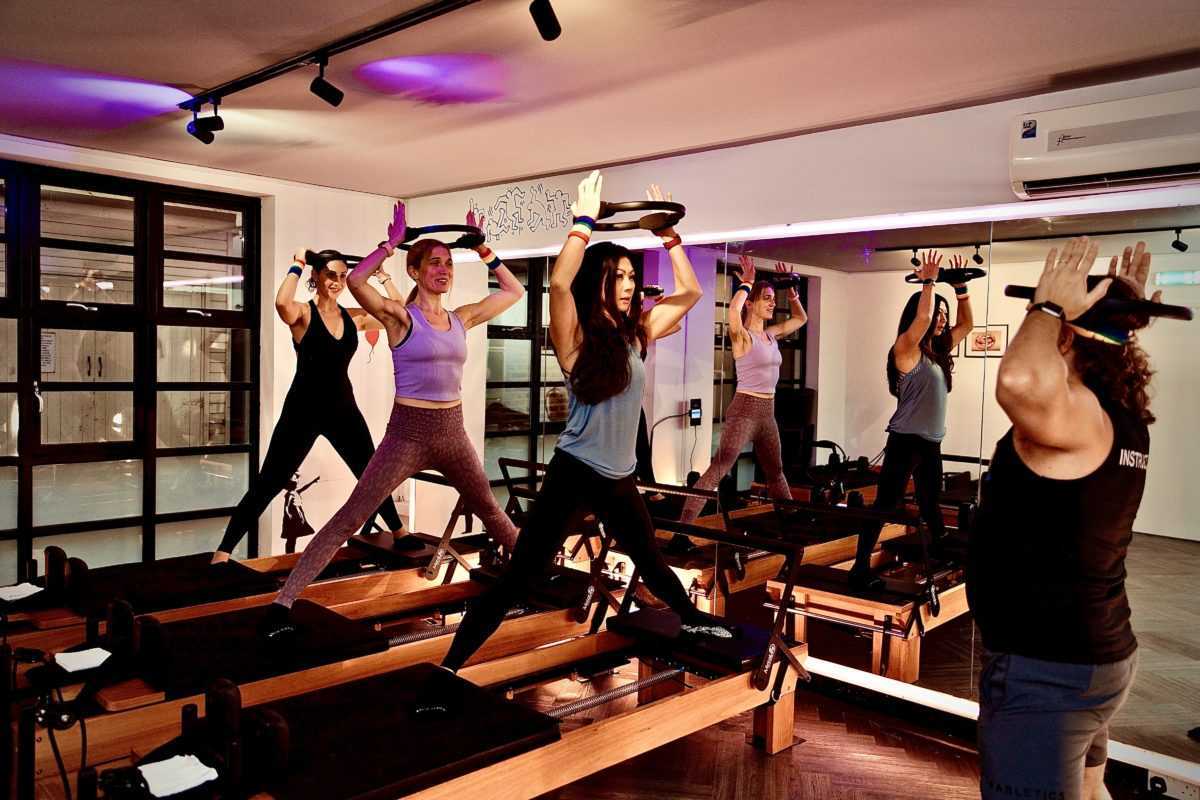Kore Gallery is a leading fitness studio that specializes in pilates training. Our certified instructors are dedicated to helping individuals achieve their fitness goals and improve their overall health and well-being through personalized training programs. In this article, we will explore how pilates can help with depression treatment and provide insight into its benefits.
Understanding Depression
Depression is a mental health disorder that affects millions of people worldwide. It is characterized by feelings of sadness, hopelessness, and a loss of interest in activities that were once enjoyed. Depression can impact daily life and lead to physical symptoms such as fatigue, insomnia, and appetite changes. While medication and therapy are common treatments for depression, physical activity, such as pilates, can also be an effective form of treatment.
How Pilates Can Help with Depression Treatment
Pilates is a form of exercise that emphasizes controlled movements and stretches that target the muscles and joints. It is a low-impact exercise that can be modified to suit any fitness level, making it accessible to individuals with depression who may struggle with low energy levels and motivation. Here are some ways pilates can help with depression treatment:
Benefit #1: Releases Endorphins
Pilates, like other forms of exercise, releases endorphins in the brain, which are natural chemicals that improve mood and reduce pain. Endorphins are often referred to as the “feel-good” chemicals as they produce a sense of euphoria and relaxation. Regular pilates practice can help alleviate the symptoms of depression by boosting endorphin production.
Benefit #2: Reduces Stress and Anxiety
Pilates requires focus and concentration, which can help reduce stress and anxiety levels. The controlled movements and deep breathing techniques used in pilates can help calm the mind and reduce feelings of tension and anxiety, leading to a more relaxed and balanced state of being.
Benefit #3: Improves Self-Esteem
Depression can impact self-esteem and confidence levels, making it challenging to feel good about oneself. Pilates can help improve self-esteem by strengthening the core muscles, improving posture, and enhancing overall physical appearance. By feeling stronger and more confident in their bodies, individuals with depression can improve their self-esteem and reduce feelings of hopelessness and despair.
Benefit #4: Improves Sleep Quality
Sleep disturbances are a common symptom of depression, and poor sleep quality can further exacerbate the condition. Pilates can help improve sleep quality by reducing stress and anxiety levels, improving physical fatigue, and promoting relaxation. By incorporating pilates into their daily routine, individuals with depression can improve their sleep quality and overall well-being.
Benefit #5: Boosts Energy Levels
Depression can lead to feelings of fatigue and low energy levels, making it difficult to engage in physical activity. However, pilates is a low-impact exercise that can be modified to suit any fitness level, making it an excellent form of exercise for individuals with depression. Regular pilates practice can help boost energy levels, improve physical stamina, and increase overall productivity.
In conclusion, pilates can be a valuable form of treatment for individuals with depression. By releasing endorphins, reducing stress and anxiety, improving self-esteem, promoting better sleep quality, and boosting energy levels, pilates can help alleviate the symptoms of depression and improve overall well-being. At Kore Gallery, we offer a range of pilates classes and equipment to cater to all levels of fitness. Contact us today to learn more about how we can help you achieve your fitness goals and improve your mental health through pilates training.



